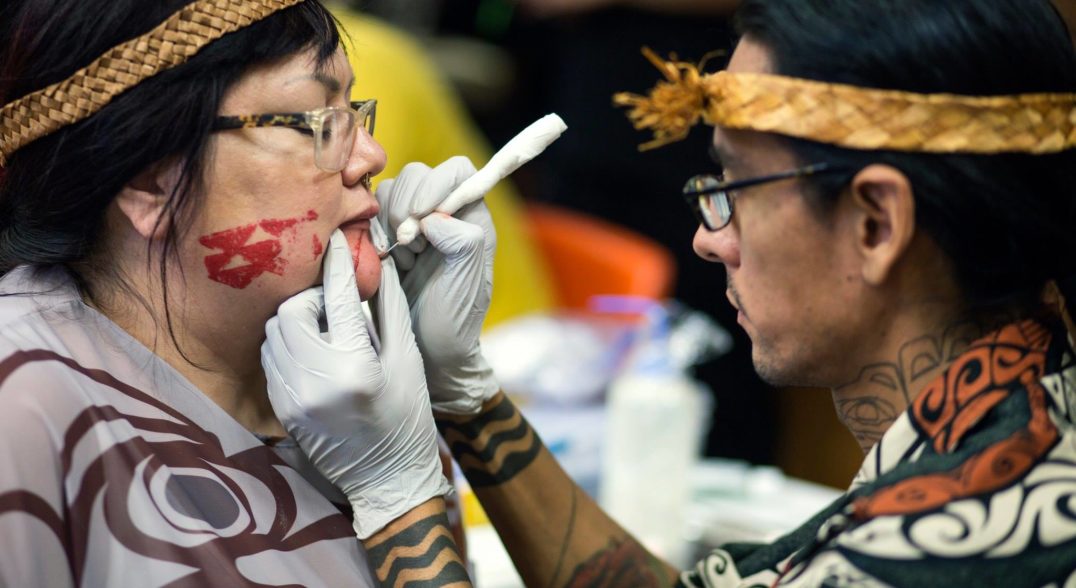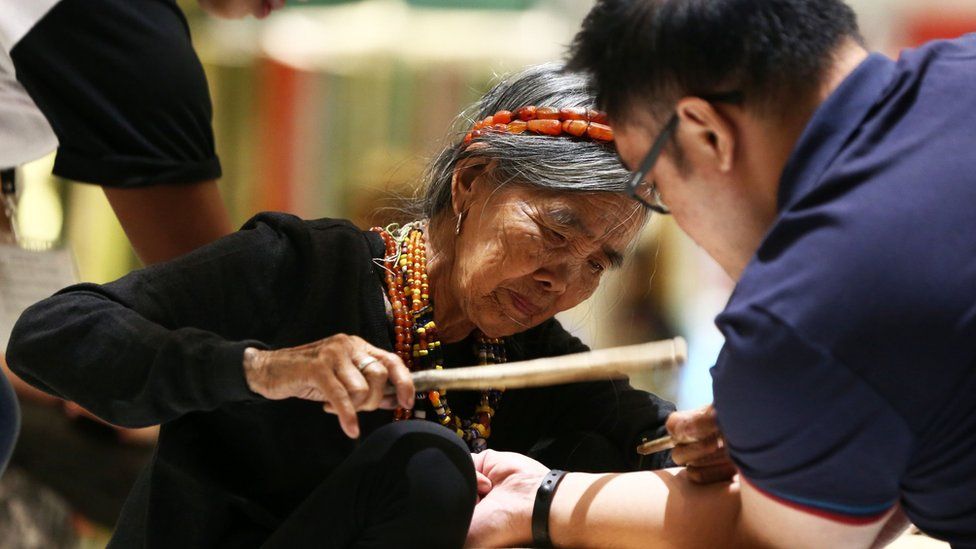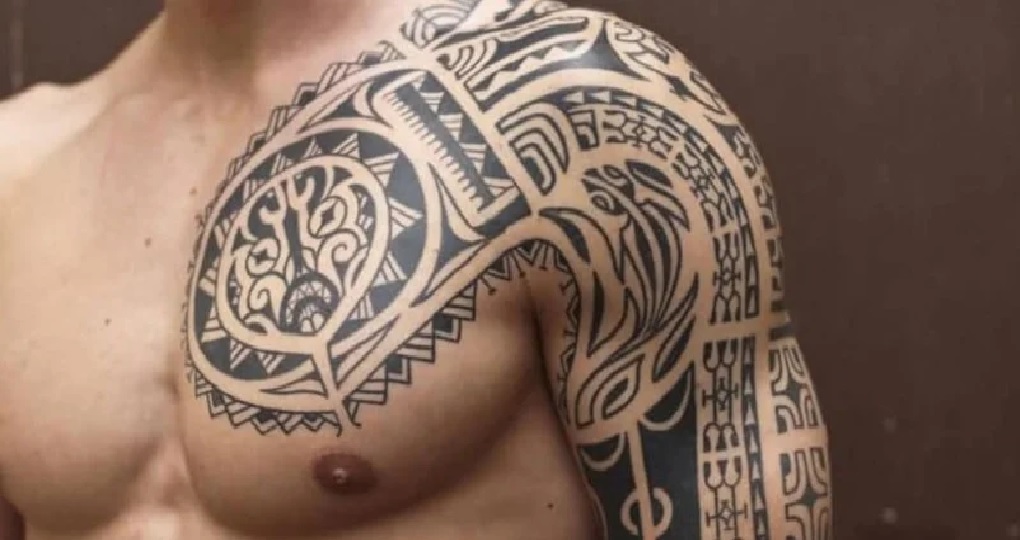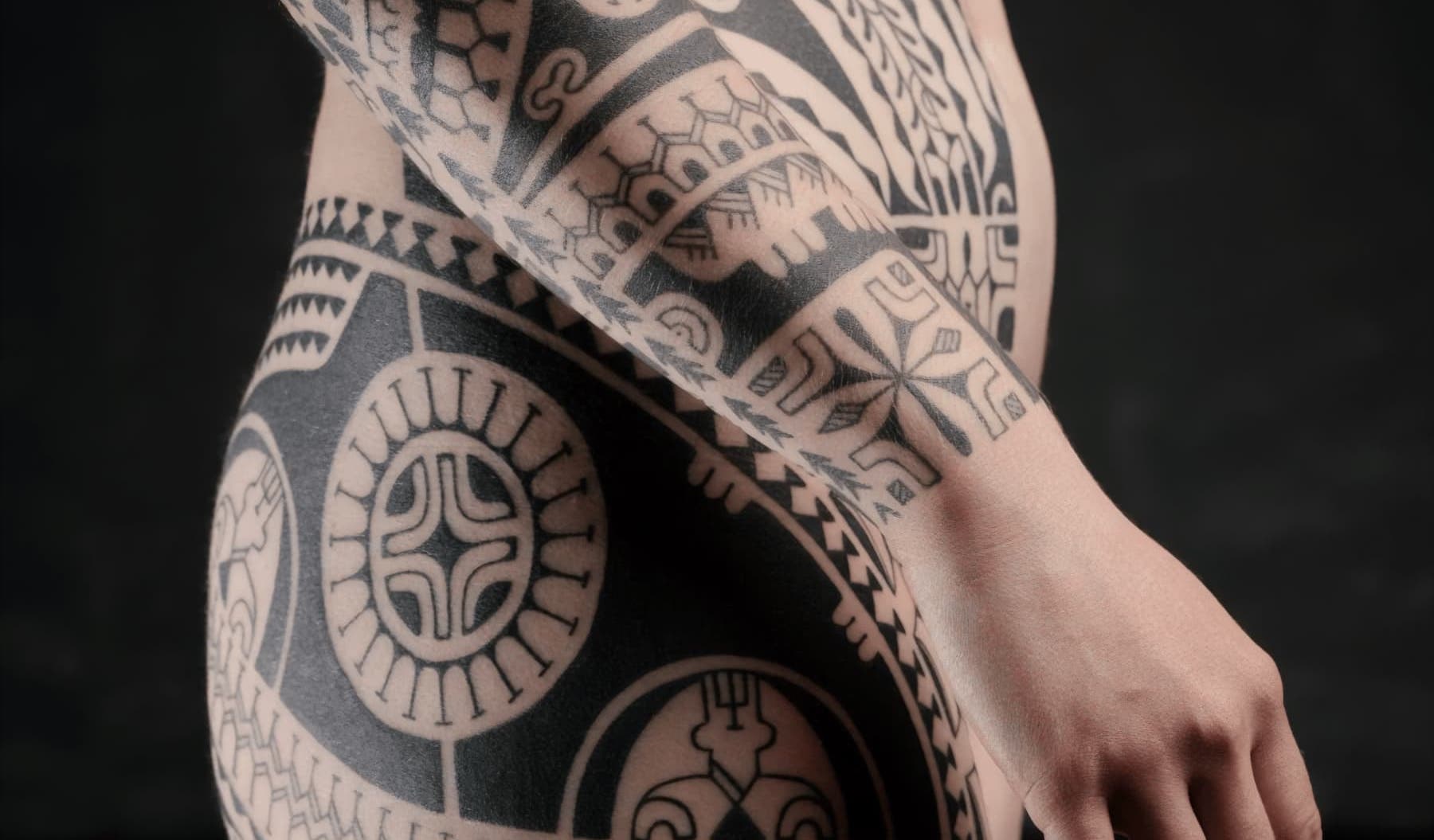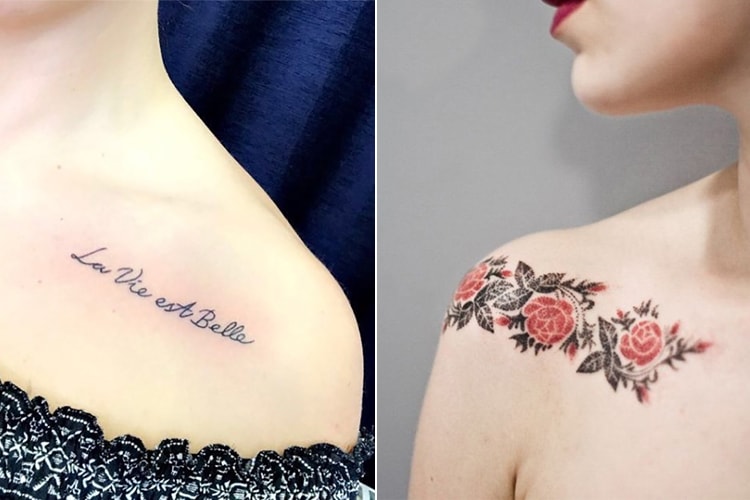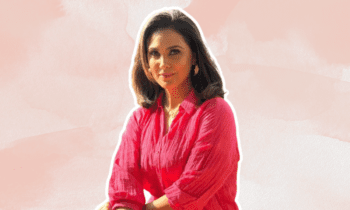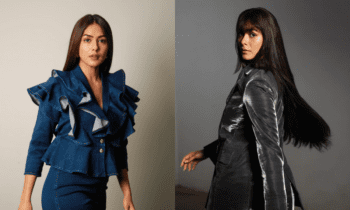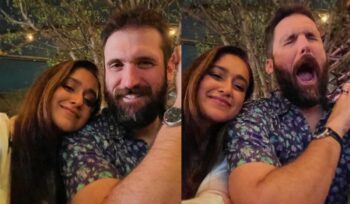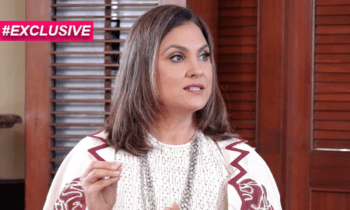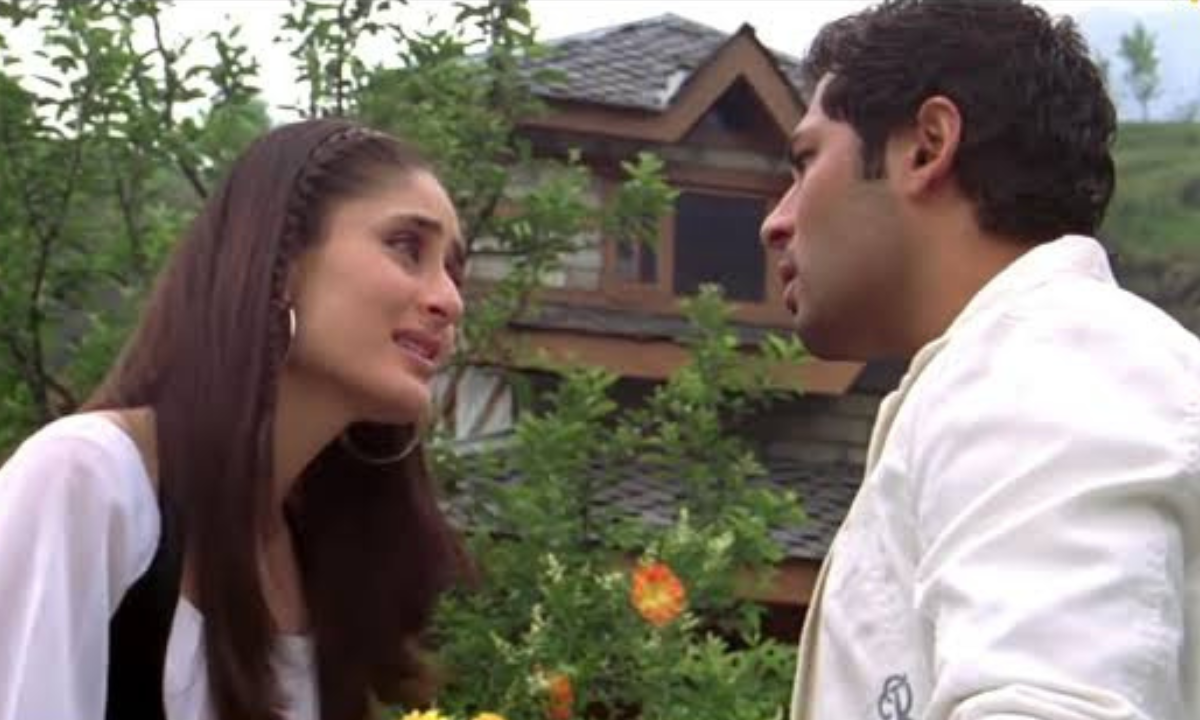National Tattoo Day: Do Tattoos Have A Beautiful History That We Seem To Have Forgotten?
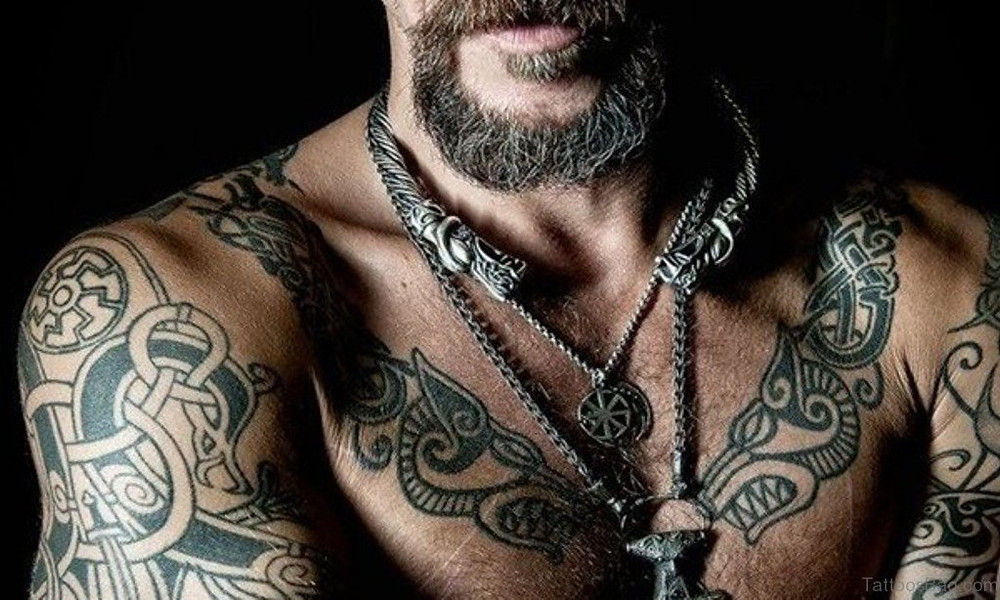
It is becoming a common sight these days to find a tattoo on people and it’s beyond safe to call it the ‘era of tattoos’. The popularity of tattoos has increased in the past few years. Demographic studies show that 40% of people aged 18-34 have at least one tattoo which is just beautiful. Honestly, most of us have considered getting one at some point or another.
Alas, while they want to get one, people these days just think that a tattoo is simply a permanent mark, design or text made on the skin with the help of ink. But what you might not realise is that the tradition of getting our body inked isn’t something new it goes back centuries. With this trend growing so rapidly, it is just history repeating itself. It is believed that the art of tattoos began in the Neolithic Age and has hence, been followed globally across various cultures and tribes. Every community seems to have attached different meanings to tattoos.
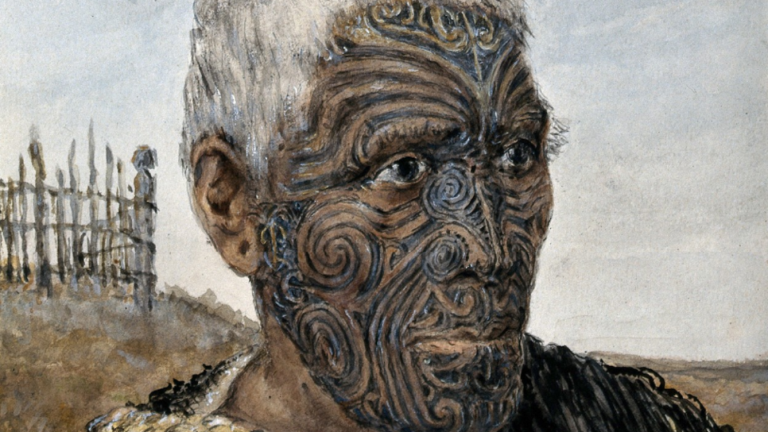
It is believed that, historically and culturally, tattoos have been applied both as marks of distinction (awarded for achievement or signifying the transition to adulthood) and sources of shame (when applied punitively). Pain is an unavoidable aspect of tattooing and to many peoples, its endurance was intrinsic to initiation. “At a tribal level, tattoos can indicate age, marital status, power and class, and outside the group they may distinguish friend from foe.” Various tribes still celebrate tattoos in a similar manner.
5 Tribes That Have Always Valued Tattoos And Continue To Do So
1. Indigenous tribes of North America use tattoos to display cultural identities and connections to their families as well as society.
2. Tribes like Inuits and Samoans have always viewed getting tattoos as a sign of maturity and it’s a passage of growth.
3. Symbolic of bravery and victory in war, tattoos were common in tribes of Haudenosaunee people, and also, Osage tribes.
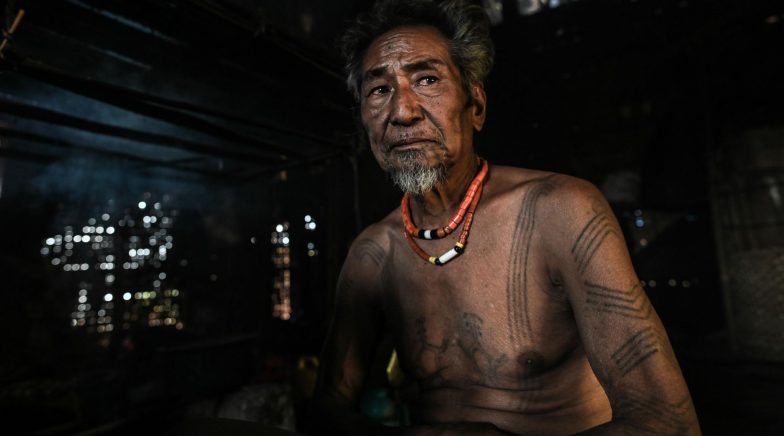
4. Visayan tribes in the Philippines get tattoos that were representative of social and economic status.
5. In some Austronesian tribes, it’s a rite of passage to get a tattoo. It is a mark of being a member of the tribe.
These traditions of tattooing changed over time. and while some took a turn for the better, a part of it also took the turn for the worse. Unfortunately, tattoos became popular among pirates, sailors, and soldiers. This practice grew, and changed and getting a tattoo took on new meanings- Tattoos were now seen as a form of rebellion.
How Did This New Meaning Affect The Future Generations?
Today, if a person gets a tattoo there is usually a sentiment or emotion behind it. It is a symbol of the person’s journey. It can be a form of self-expression. These days tattoos have become a part of a person’s identity and expression. There are many other reasons for getting a tattoo. For example, artistic, cosmetic, religious, pledges of love, symbolising identification with particular groups, medical, etc.
However, society has attached so much stigma to getting tattoos because of the changed historic essence and meaning of tattoos and hence, sometimes, they end up being treated unfairly. Tattooed people are considered to be less intelligent and less professional. Therefore, tattooed people are easily rejected during the hiring process. Most people are advised to hide their tattoos in a formal setting because of the prejudices attached to them. There are many cases of people clearing tough exams and still getting rejected for government jobs because of their tattoos.
People with tattoos are now, labelled as the “rebellions” who are more likely to go against the set rules and laws. Let’s try to witness this prejudice in real-time- Try to imagine a gangster who is about to get arrested. Did you think of someone who is muscled with tattoos on his arms and chest? This common conception puts a tattooed person under constant suspicion. Tattoed people are also judged. People assume that they are involved with drugs, alcohol and other harmful substances, and living in an unhygienic condition. This causes them to be isolated from their family, peers, colleagues and society.
Also Read: New Zealand Journalist Becomes The First Maori Woman With Face Tattoo To Anchor Primetime News.
Is This Behaviour Going To Change?
A friend in my college had a tattooed arm, and he was constantly shunned by one of the teachers because she believed, “He was no good.” So, when I got my first tattoo, I was asked if he is “rubbing off on me”. It blew my mind. I had to argue with the teachers for him and for myself and the next time a classmate got a tattoo, she received compliments from the teachers. This change meant the world to me.
So, yes. The change is occurring slowly and steadily and we can all do our bits to make the pot stir faster. With the increasing popularity of tattoos, they are becoming more mainstream. This is helping counter the stereotypes attached to them. From entertainment to academics, people from various streams are opting for this body art. They are everywhere via social media, which has played a vital role in its spread and growing acceptance.
Tattoos should be a personal choice and decision about our bodies and they should not be determined by society. They are your own personal expression, curbing them from doing so is equal to taking away our fundamental right to freedom of expression. Don’t let the fear of society and their judgement stop you from being the best version of yourself. Let your tattoos do the talking.
Also Read: Pete Davidson Got A Tattoo To Honour His Relationship With Kim Kardashian.
On World Chocolate Day, We Beg This World To Stop Adding Chocolate To These Savoury Dishes






